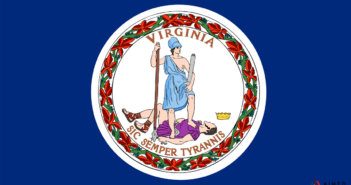Earlier this year, the Trump Administration published a final rule on Health Reimbursement Arrangements (HRAs), which could change the type of health coverage that people receive from their employer. Instead of offering coverage in a group health plan, the new rules allow companies to provide employees with tax-free funds that they can use to purchase their own individual policy. These types of arrangements were prohibited under the Obama Administration, but Congress began allowing them for companies with fewer than 50 employees in 2016. The new rules allow companies of all sizes to offer HRAs to their employees, provided the funds are used to purchase an ACA-compliant health plan. However, because companies can only offer either a tradition group-health plan or an HRA to their workers instead of being able to offer both, analysts predict that small employers will utilize HRAs more than large employers. While HRAs could be a useful option for some employers, widespread adoption of them could result in companies moving from a defined benefit structure to a defined contribution structure. This would be similar to the shift that occurred with 401(k) plans being used to replace pensions for retirement. This would be an attractive option for employers because it would allow them to only offer a certain amount of money towards health care for their employees, but offering this type of benefit would allow for the defined contribution to lag behind medical inflation. 401(k) retirement plans have been criticized for being inadequate for similar reasons. Will employer-sponsored health insurance benefits follow the same trajectory?
Last Updated on May 14, 2020 by Aimed Alliance



